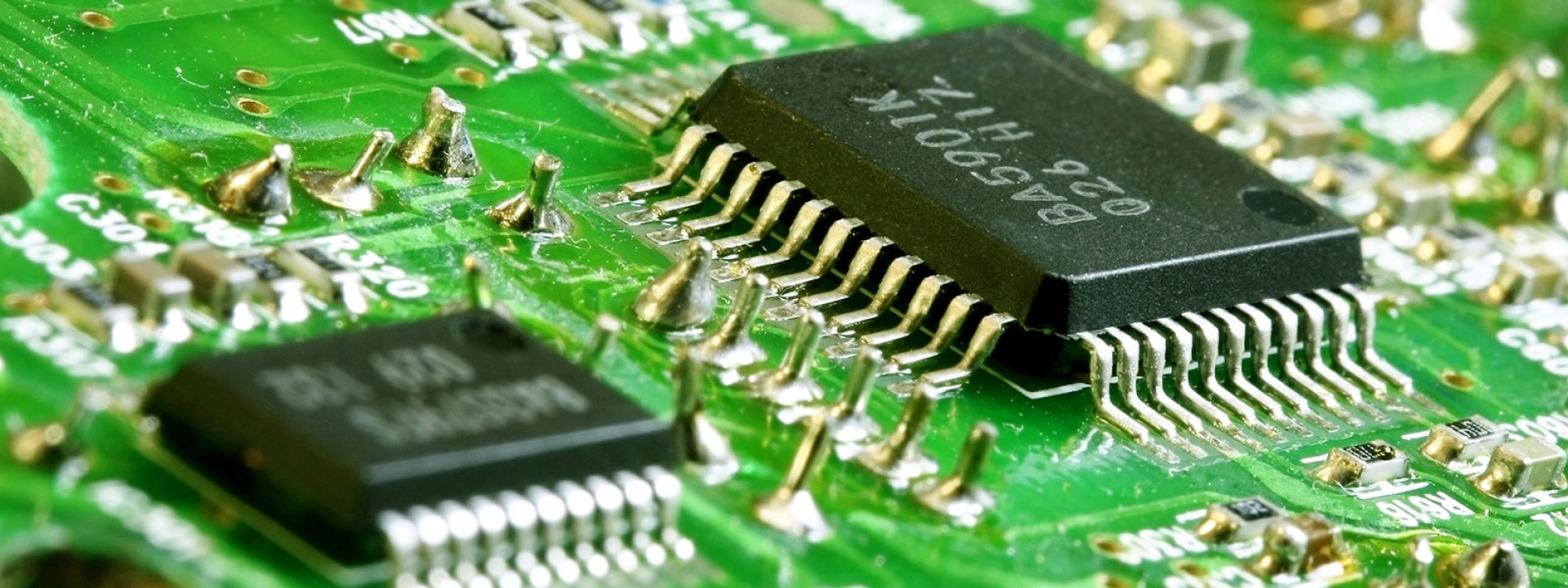News & Events
In recent years, Silicon Valley has seen a growing cohort of Indian tech talent, some of whom run world-class tech firms. But what I hear is that there is only one Indian technology association in Silicon Valley, while the ethnic Chinese community has as many as 36 tech associations of different sizes.
According to past practice, the stint of the head in any of these associations would usually last only one year, and then the deputy would be elected to take over for another year, and so on and so forth. It sounds quite a democratic process, but in reality, there are rivaling camps, with many of their members being presidents or chairmen of certain associations. If "political spectrum" is added to the mix, it would be very difficult for any of them to secure sufficient resources.
In recent years, we have seen the younger generation trying to break away from such a tradition. And the souring US-China relationships have also spurred changes in the ethnic Chinese community in Silicon Valley: There has been a qualitative change in terms of the sides they identify with in the tech sectors across the Taiwan Strait.
Taiwan-born tech people mostly would want to stay away from trouble. Judging from the way Jensen Huang and Lisa Su have been speaking in public, we can tell that many CEOs can't really talk freely.
After visiting a few companies, I met up with Chi-Foon Chan, who had just stepped down as co-CEO of Synopsys, at the Palo Alto Country Club. It's a golf club with a great view, and conveniently located near an upscale residential area.
Chan said it is a safe neighborhood where Yahoo founder Jerry Yang lives. He said those who started early in Silicon Valley have amassed enormous wealth. But is the Silicon Valley way of developing business definitely correct?
I know many Taiwanese who made their fortunes in Silicon Valley in the 1990s, but just like what has happened in Taiwan, their successes have not been carried over to the next generation. Is it because of the business vision or a failure to change with the times?
Synopsys has a staff of 1,000 in Taiwan, but in the size of Synopsys' team in India is 5,000. For Taiwan, the biggest challenge is how to secure and groom talent. For Silicon Valley companies, Asian countries other than China belong to the "same" group, but does Taiwan's strong IC design sector have enough management resources to run multinational teams?
In the past two decades or so, Taiwanese have played peripheral roles in multinational companies: they have been given lower salaries and fewer promotion opportunities. Taiwanese have always swallowed it, but should they continue to bear it in the future?
Under the framework of the US-China trade war, the world will evolve into two camps: China and beyond China. Will the next-generation Taiwanese be able to establish a strong foothold in the markets beyond China?
(Editor's note: This is part of a series of articles DIGITIMES Asia president Colley Hwang wrote about his observations during a recent trip to Silicon Valley.)
By DIGITIMES






